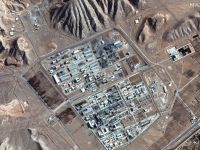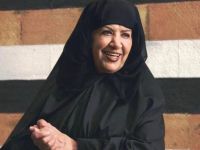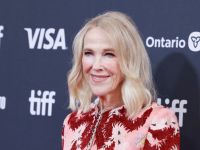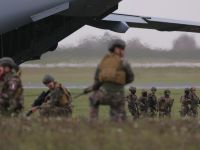Syrian Kurds on Thursday voiced their demand for their own delegation, seperate from both the government and opposition at next month's peace talks in Switzerland aimed at halting the conflict in Syria, Kurdish political leaders said.
The Kurds accenuated the need for unaligned representation arguing that their demans in negotiations over Syria's future are diffirent from those of the government and the opposition Syrian National Coalition that seeks to put an end to President Bashar al-Assad's rule.
"The Coalition are no different from Assad's Baath party rule when it comes to their position on the Kurds. They do not recognise the rights of Kurds to live on their land with recognition of their basic rights, including the right to administer their own region," said Abdelsalam Ahmed, a leading figure in the Democratic Union Party (PYD).
The push for a more independent function for Kurds in Syria has unnerved regional powers such as neighbouring Turkey, currently dealing with such claims among its own Kurdish community.
Syrian Kurdish parties have themselves been deeply divided for months by an internal power struggle. Parties are currently holding talks in the Iraqi Kurdish town of Arbil.
Kurdish leaders described their demand for a united delegation as a positive step towards mending rifts and strenghening the Kurdish position in Syria.
The Kurds, who span Syria, Turkey, Iraq and Iran, are one of the world's largest ethnic groups without a state. In Syria they make up about make up nine percent of the country's population and have suffered severe repression under Assad's rule.
Syrian Kurdish groups are calling for a federalised scheme of governance that would give them greater autonomy in regions where they are a majority. They furthermore want their language, once banned in public, to become an official language.
Kurdish officials said they would seek approval to send a separate delegation to Switzerland from the United Nations and the United States and Russia, which have been the driving force behind the planned talks, known as "Geneva 2".
"We have agreed to a shared delegation made up of the main Kurdish parties. We won't finalise the details until we can talk to foreign powers and the United Nations to see if they will accept," said Abdelhami Darwish, head of the Democratic Progressive Party.
PYD leader Abdelsalam Ahmed said Kurdish leaders would hand over their case to Lakhdar Brahimi, the international envoy on Syria, but would also appeal to the United States and Gulf Arab countries, which have backed the rebel fight against Assad and attempt to convince themn to approve seperate delegation at Geneva talks.
The Kurdish demand could complicate preparations for the long-delayed peace conference due to open on Jan. 22. Brahimi has set a Dec. 27 deadline for delegations to be named.
"Russia is willing to accept a third bloc for the Kurds but it is other powers, particularly America, which insist on a two-party negotiation," the PYD's Ahmed said.
"If they insist on a single umbrella opposition group, we will go with the opposition as part of a unified Kurdish legal council within it, but we strongly believe in the principle that the Kurds deserve their own representation."


![Kurdish people hold flags and shout slogans as they gather to support Syrian Kurds on November 24, 2013. [AFP] Kurdish people hold flags and shout slogans as they gather to support Syrian Kurds on November 24, 2013. [AFP]](/sites/default/files/styles/d06_standard/public/im/misc/451691935.jpg?itok=-0NeCA3A)





